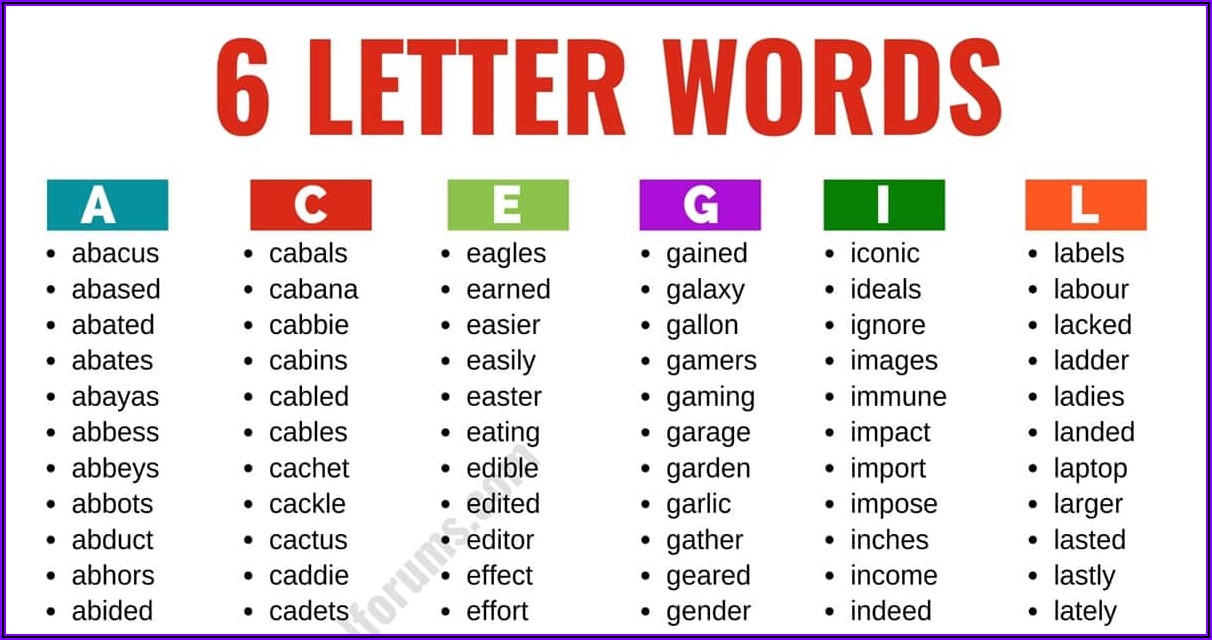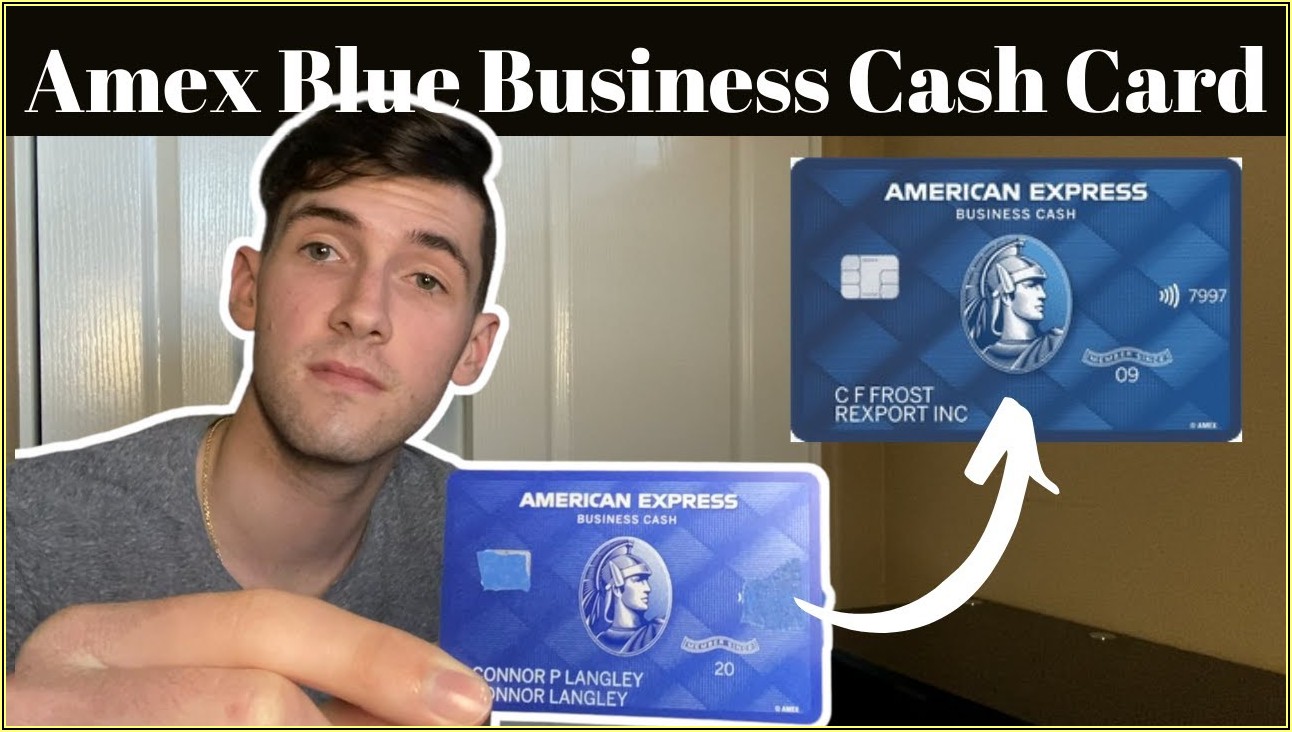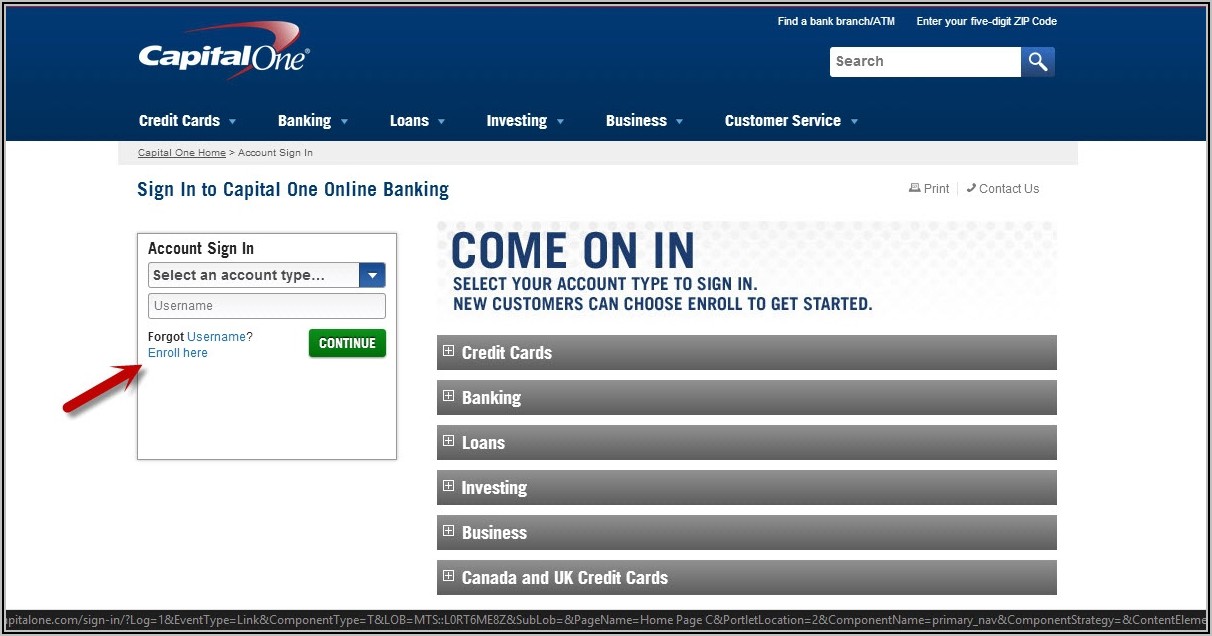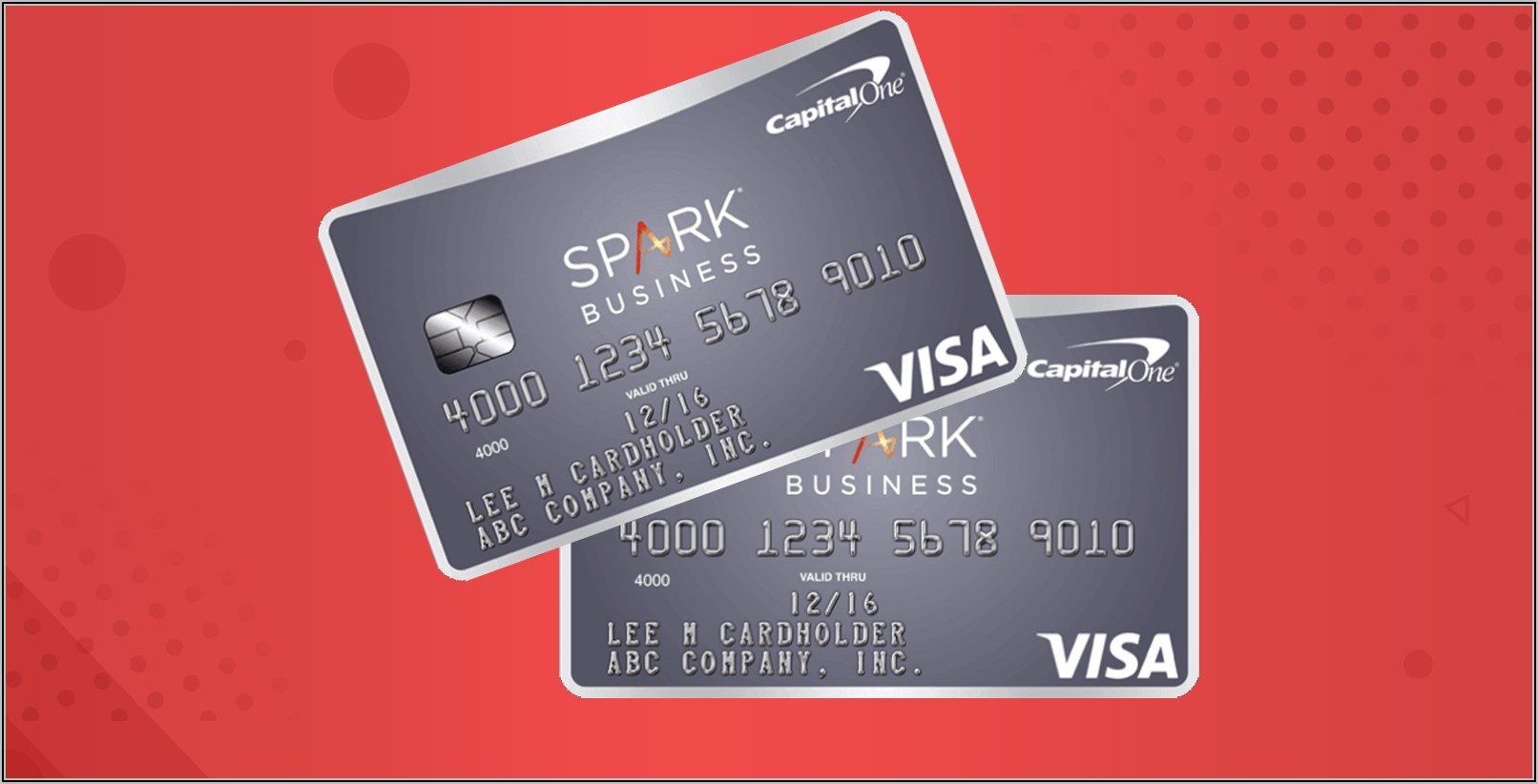Are you thinking of selling your business.
You will do well to consider several key factors before meeting potential buyers. These include timing, verifiable market values, tax implications, and so forth.
These are the 10 things you should know before selling your business.
1. The TRUE Value
Small businesses tend to keep their profits low in order to lower taxes. Your financial statements may not reflect your actual earning capacity and value. To avoid making the costly and frustrating error of selling below market value, it is a smart move to get an independent appraisal of your business from a qualified business broker or professional business appraiser.
2. Important Information
Prospective buyers are dependent on the information you provide them. The quality of that information is a key indicator of the management of the business. They will need to see records and financial statements that are well prepared and reliable. Many will want to see the projected budgets over the next 3 years. This should be supported and verified by credible sources of research.
3. The Best Advice
Businesses rarely sell for a lump sum or up-front cash payment. Instead, terms like “seller financing” are common and can have complicated tax and legal implications. It is a good idea for you to seek professional advice as soon as possible. This advice should be available throughout the entire sale process, especially before making major decisions.
4. Timing is key
Don’t wait to sell before it is too late. You will be able to attract the right buyer by choosing the best time to start the selling process. It can take up to one year to sell your business.
5. Phantom Formula
There are many calculations that can be used to calculate the right business type and size. Avoid so-called “rules of thumb”. These can lead you down a river without a canoe or paddles. Your business is unique, so it requires a bespoke review and analysis. This will help determine its true market value. It is important to know the motives and price range of potential buyers.
6. Competing Bids
Negotiating the sale with one buyer may be easier, but generating interest from multiple prospects will increase the selling price. This will give you a variety of deal options. Many potential buyers in your market are easily identifiable right from the beginning. It is important to take the time to make sure these prospects are contacted as soon as possible. You must do so in complete confidence.
7. Understanding Buyers
Potential buyers will be more focused on different functions within your business, such as future cash flow streams and growth potential, return of investment, synergy, and return on investment. These key factors will enable you to tailor information to the needs of each buyer and their specific area of interest. Identify what is most important to each buyer during your first meeting.
8. The Support Team
It can be difficult and complicated to sell a business you have built over many years. There are often disappointments along with legal pitfalls. You should hire a qualified team of professionals to represent you at every stage of the sale process. You can sleep better at night with peace of mind.
9. Take into account offers
You, the seller, will consider all possible purchase offers. These could include personal opinions such as the need for you to continue your involvement in the business or financial options like payment structures and ongoing financial involvement. The sale must be a good fit for you and your future plans.
10. Crossing the T’s, …
Each seller of a business wants the sale process to be complete, signed, sealed, and delivered as quickly as possible. Selling a business can be one of the most significant financial transactions you will ever make in your life. Therefore, it is important to ensure that everything from start to finish is professional, carefully monitored, and meticulously documented. You will be rewarded for your patience.
Finally… GOOD LUCK!




















